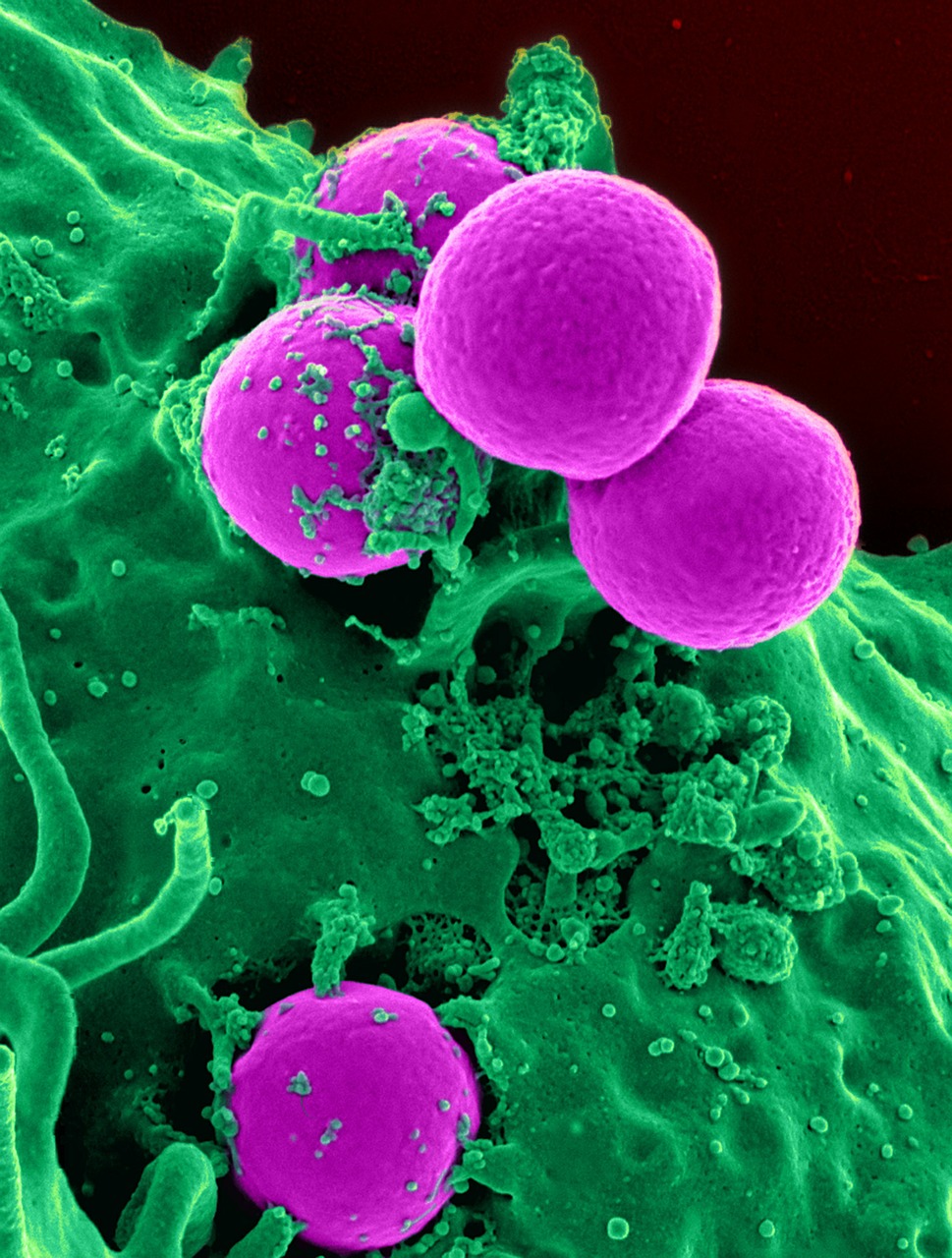A group of US researchers proposed a cutting edge alternative for eliminating resilient bacteria in the form of a “CRISPR pill”. The drug can specifically target harmful bugs using a combination of bacteria-seeking viruses and a cocktail of probiotics, making it more potent than most antibiotics.
The CRISPR gene-editing technology emerged only in recent years and is already being considered as one of the biggest breakthroughs in modern science. Its status is probably well justified, given that revolutionary new ways of using it for entirely different purposes pop-up practically every week.
A shining new example of that comes in the form of an edible “CRISPR pill” intended to seek and destroy targeted bacteria within our body with scalpel-like precision. It combines specific bacteria-infecting viruses (bacteriophages) that carry genetic self-destruct instructions and a mix of probiotic “good bacteria”. This bacteria fighting duo is designed to effectively eliminate specific harmful strains of bugs, making it a highly promising candidate for treating antibiotic-resistant microbes. The study took place at the University of Wisconsin-Madison and was funded by the National Institute of Health (NIH).
“The downside of antibiotics is they are a sledgehammer that depletes and destroys the gut microbial community,” said study lead Jan Peter van Pijkeren, adding “You want to instead use a scalpel in order to specifically eradicate the microbe of interest.”
The novel drug is currently directed to fight Clostridium difficile, a common pathogen known to cause fatal infections if it develops antibiotic resistance. It has been classified as a top drug-resistant threat by the Centers for Disease Control and Prevention (CDC) and is estimated to account for 15.000 deaths and $ 1 trillion in medical expenses annually in the US alone. Ironically, the new drug would use the same molecular mechanism the bacteria uses to fend off its microbial attackers.
“As long as we house patients together in a hospital or in a nursing home and we give a lot of them antibiotics we’re going to have a problem with C. difficile,” says Herbert DuPont, director of the Center for Infectious Diseases at the University of Texas.
Van Pijekern compares the probiotic bacteria to a “mothership” which would traverse through the person´s intestinal tract and deliver the bacteriophage to the site of infection. There, the virus would burst out and infect any surrounding C. difficile and scramble up its DNA, causing it to self-destruct. The pill is still in its early stages of development, however, previous research has shown CRISPR to be useful in killing skin bacteria, providing additional promise for the novel antibiotic.
Learn more about CRISPR technology in the video below:
By Luka Zupančič, MSc, University of Applied Sciences Technikum Vienna












Can CRISPR eradicate effects of latent VRE?